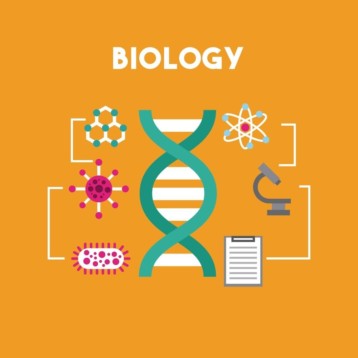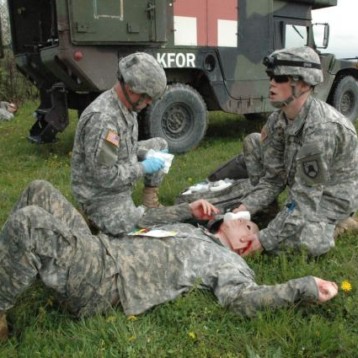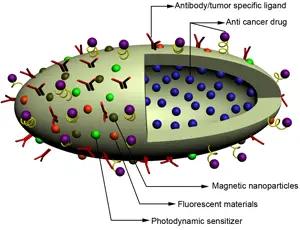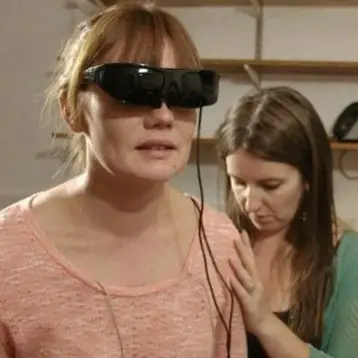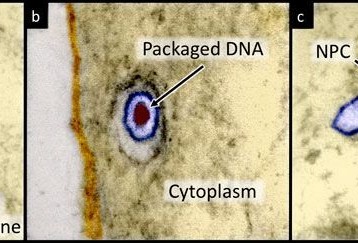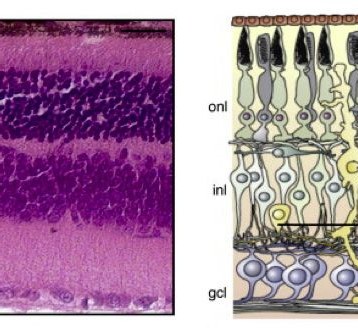|
The study examined the brain activity in 38 subjects at Stanford as they observed two groups of people playing a financial game. The game was the same for both groups – individuals were given some money and told to contribute as much as they wanted to a central pot of money – but the supplied motivation was different. One group was told they were playing a stock market game and the money in the center was set aside into a bank and thus not risked on investments while the other group was told they were contributing to a communal pot to be split among all of the players.
The observed actions were the same for both groups, but the reactions of the observers were quite different. Then graduate student Jeff Cooper (now a postdoc at Trinity College) scanned the activity in the ventromedial prefrontal cortex portion of the brain, an area previously shown to respond to personal rewards. They found almost no activity during observations of the stock market game. Conversely, the cortex was teeming with activity during observations of the communal sharing game. Players who contributed generously to the communal pot evoked the same reactions in the region as a good deed or reward that directly benefits the observer while those players perceived as stingy were actively disliked by the observers just as if they had performed a deed with detrimental effects on the observers rather than others.
A better understanding of how perceptions of actions affect responses to them has many practical applications in marketing, public relations, dispute management, psychoanalysis, workplace harmony, and other areas where social interactions and personal responses to actions are key.
TFOT previously reported on other neurological research including a USC study examining the communication between different parts of the brain, how brain scans might influence marketing efforts in the future, how memories are encoded into our brains, and a study proposing that brains see color instead of eyes.
Read more about the study in this Stanford University press release.





